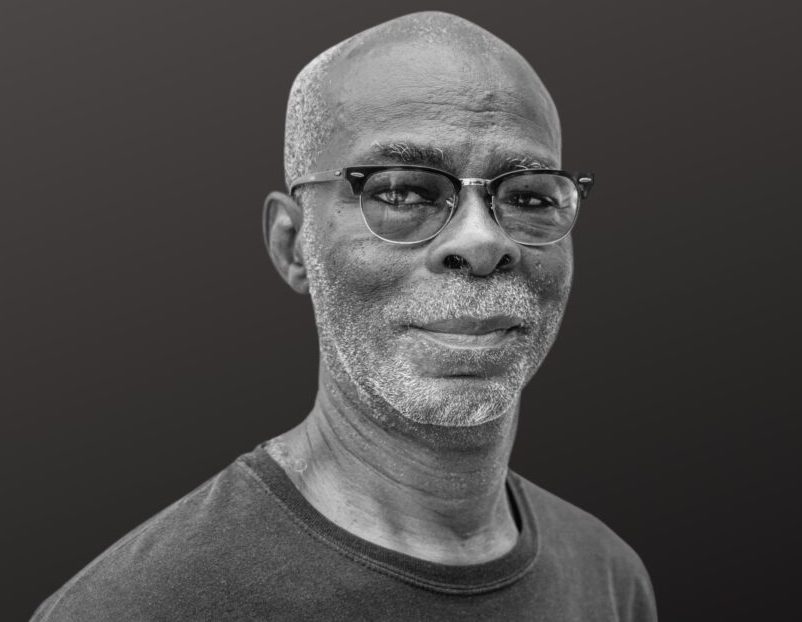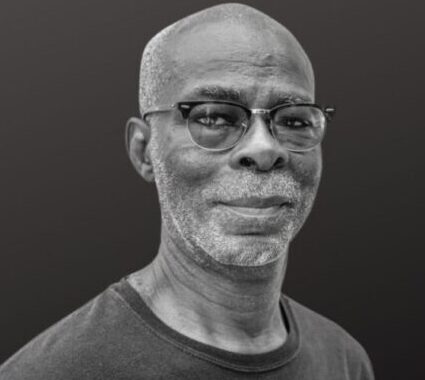
Nigeria: The past is another country
This is Nigeria. It is hard to say precisely when Nigeria lost her way, when we lost our self-confidence and began to take refuge behind words like Great, Giant and Excellence as if the forceful proclamation of these terms would endow us with the qualities that they describe. Indeed, our predilection for these superlatives, in the face of our obvious challenges, is itself symptomatic of the national neurosis.
I do not by any means look back at pre-independence politics through rose colored glasses, but it certainly was not the game of shadows and echoes that we have today. Today’s politics is largely bereft of substance, decisions governing our interaction and opportunities are subject to the whims of sorcerers skilled in sleight of hand and tongue, with the spoils going to the slickest or most ruthless and shameless shyster.
In contrast the nineteen fifties were an era of an emergent politics of ideas, espoused by imperfect but inspirational thinkers such as (Sir Francis) Akanu Ibiam who by the way renounced his knighthood, Chief Obafemi Awolowo, Dr Namadi Azikiwe, Sir Ahmadu Bello. Today the titles, Chief, Sir and Dr regularly preface a single individual’s name in an attempt to assign him or her the qualities that the title signifies. It is as if our fear of accomplishment made us democratize it, we spread titles everywhere, in the process trivializing actual achievement and making a mockery of cultural, academic, and even religious endeavor. Thought and ability quietly lost currency as the pursuit of our highest common factor, gave way to a desperate clinging to our lowest common denominator. We became consumed with claiming our ethnic share of a very finite national pie rather than contributing the best of our talents and efforts to produce an infinitely larger pie.
I am old enough to remember a time when in the words, ‘this is Nigeria’ were encoded with meaning that is diametrically opposed to what they represent today. The indignant expression, ‘that cannot happen here, this is Nigeria, not some banana republic.’ So common in my youth, has given way to a resigned, ‘siddon there my friend, this is Nigeria, anything can happen jare.’ The code works with ruthless efficiency and enjoys universal recognition and acceptance. Nigerians and non-Nigerians alike understand and use the phrase to end discussion of the most shocking and disgraceful occurrences. It quells outrage and enquiry, as it co-opts us into impotent acceptance of our common inability to live up to our potential. We do not ask much of our peers or ourselves; this is Nigeria.
I first drafted these thoughts during another pivotal moment in Nigeria’s history. Olusegun Obasanjo was making a bid for a third term as president. One of the architects of his ambition said, ‘we will make it happen, this is Nigeria!’ In retrospect the whole drama was therapeutic for the nation because the attempt was eventually scuttled, not by the good will of a malevolent or benevolent president but by an emerging democratic structure. In that far from perfect legislature, members on the right side of history, found a new swagger, a righteous flex, born, not from the size of their bank balances but for a moment from the respect and adulation of those they were sent to represent. That was Nigeria. Even though that step forward was followed by several quick steps backward, with a subsequent iteration of the National Assembly, telling a witness in an enquiry to ‘… off your mic. It’s alright …’ The lesson is that the quest to claim the essence of Nigeria, is an unending journey, requiring constant vigilance and effort. Good men and women are required in each generation to keep the momentum of progress.
So here we are today. For years, whispers suggesting the involvement of Bola Tinubu, our president elect, in illegal drug dealings have echoed in the political penumbra of Nigeria. They have stayed there for years, visible enough for his opponents to buoy their arguments against him on them but vague enough for his supporters to comfortably ignore them. Now however, they are formal allegations, and are about to be adjudicated in an official election petition. This should either dispel the allegations and clear his name or Nigeria will be left facing the question, can anyone proven to have been involved in the illegal drug business be the face of our nation? Do we say yes or no, bearing in mind that this is Nigeria?
The wicked irony is that, our current president Major General Mohammadu Buhari gave his unequivocal answer to that question in 1985, when with a hail of bullets, he executed Bartholomew Owoh 26, Lawal Ojuolape 30 and Bernard Ogedengbe 29 who had been convicted of narcotic trafficking; even though all three of them were very low on the illegal drug food chain. Ojuolape’s last words were ‘I am eating the fruit of my misdeed … I was caught.’ I personally think that those executions were a despicable and immoral act. I still maintain that the three young men should have gone to jail, as was the law at the time that they committed the crime.
Small acts of courage. In a society that has been so completely captured by a self-serving political and economic class for so long, it is difficult for many people to imagine that things could be any other way. Some succeed by finding a niche for themselves in the unjust system, others feel condemned to survive on hand outs and crumbs from its gilt-edged table. I saw a list of the ten richest people in Bayelsa State, Wikipedia pointed out that the majority of them were retired politicians. I for one do not begrudge banks large profits because they are the yeast that makes economic pastry rise. However, when the economy has been tanking for years and bank profits continue to soar, my conclusion can only be that they too are immorally gaming the system, but on a mega scale.
In the middle of all this, I see the youthful engagement in this year’s political process as a harbinger of the reimagining of how society can be structured. The enthusiasm to get permanent voters cards last year, could surely not have been to reaffirm the status quo. The results threw up glaring contradictions, for example if they were accurate, we would have to believe that the votes in the election for governor in Lagos, were a ringing endorsement by the general population of the tyrannical ‘agbero’ system among other dubious governance practices.
To those who feel that their hopes were dashed with the election results, I can only encourage you with the knowledge that the journey is the destination. The change is in how we commit to live our lives every day. Albie Sachs is a South African jurist who knows a thing or two about protracted struggles for Justice. He lost an arm and an eye to a car bomb planted by the self-serving regime that he worked to oppose. He speaks about not losing hope no matter how bleak things look at any particular time, about identifying selfless leaders. About morality, truth, forgiveness, justice as he tackles many issues pertinent to shaking off the shackles of oppression in his book ‘The Strange Alchemy of Life and Law’. But the enduring gem that I gained from listening to him was the idea that we advance our society with individual ‘small acts of courage’; actions we take when we are in our safe spaces, in the comfort of family, ethnic group, social class, loved ones, faith community. Those are the moments when we are called upon to speak up against negative stereotypes and prejudices that we acquiesce to with our silence.
Fragile. This poem was written by the phenomenally talented Gordon Sumner. He certainly did not write the words with our country in mind. He was in fact inspired by people he never met and the words reference events that he did not witness. The message resonates so powerfully with our common humanity that I think it may be helpful to bare them in mind here and now:
‘If blood will flow when flesh and steel are one
Drying in the color of the evening sun
Tomorrow’s rain will wash the stains away
But something in our minds will always stay
Perhaps this final act was meant
To clinch a lifetime’s argument
That nothing comes from violence and nothing ever could
For all those born beneath an angry star
Lest we forget how fragile we are … ’
Babajide Adeniyi-Jones


